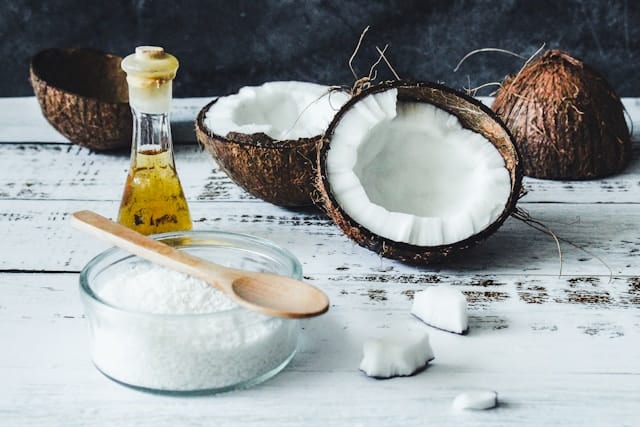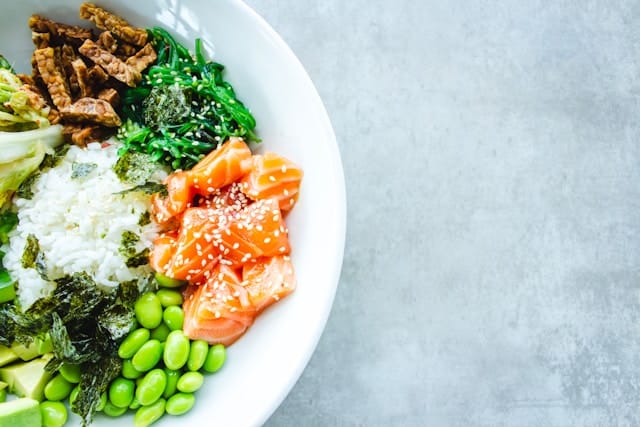Harvard Doctor Reveals Foods You Should Avoid to Prevent Inflammation
Learn which common foods contribute to gut inflammation according to a Harvard doctor, and how they affect your overall health.
Inflammation is a natural response by the body to injury and infection. However, chronic inflammation can have long-term negative effects on health. According to a Harvard gut doctor, what we eat can play a significant role in triggering or reducing inflammation.

The gut plays a key role in managing inflammation. A healthy gut can help control the body’s inflammatory response, but when gut health is compromised, inflammation can become more severe. The Harvard doctor explains that diets rich in inflammatory foods can damage the gut’s ability to regulate inflammation, leading to an imbalance that can trigger chronic health issues.
The video player is currently playing an ad. You can skip the ad in 5 sec with a mouse or keyboard
Highly Processed Coconut and Palm Oil

Coconut and palm oils, often used in cooking, are high in saturated fats. Excessive intake of saturated fats can cause inflammation and elevate the risk of heart disease. Dr. Wolf recommends using healthier oils like olive oil, which is rich in monounsaturated fats and has anti-inflammatory benefits.
Healthy Alternative: Extra-virgin olive oil or flaxseed oil. These oils provide healthy fats, including omega-3 fatty acids, along with antioxidants and compounds that fight inflammation.
Fatty Meats

Fatty meats, such as beef, pork, and processed varieties, are rich in saturated fats that can promote inflammation and contribute to heart disease and other chronic ailments. While occasional consumption is acceptable, Dr. Wolf advises limiting these meats in your daily diet. Instead, she suggests opting for lean proteins like skinless poultry, and fish, or plant-based proteins like beans and lentils.
Healthy Alternatives: Skinless poultry, fish, beans, and lentils.
Highly Processed Foods

Highly processed foods are packed with artificial additives, preservatives, and trans fats, all of which can provoke inflammation in the body. Dr. Wolf advocates for a diet centered around whole foods like fruits, vegetables, whole grains, and nuts. These nutrient-rich foods naturally combat inflammation and support overall health.
Healthy Alternatives: Fruits, vegetables, whole grains, and nuts. Choose foods that are not pre-packaged or that have a simple, natural ingredient list.
Sugary Drinks

Sugary drinks, including sodas, energy drinks, sports drinks, and sweetened juices, are loaded with added sugars and lack nutritional value. Overconsumption of added sugars can lead to chronic inflammation and increase the risk of obesity, diabetes, and heart disease. Dr. Wolf recommends switching to healthier beverages like herbal teas, infused water, or water enhanced with fresh fruit or herbs.
Healthy Alternatives: Herbal tea, infused water, or water infused with fresh fruits or herbs.

The Harvard doctor recommends shifting to an anti-inflammatory diet to support overall health. This includes incorporating plenty of fruits, vegetables, whole grains, and healthy fats like olive oil into your daily meals. Fatty fish, such as salmon, rich in omega-3 fatty acids, are also beneficial for reducing inflammation. These foods are packed with antioxidants and nutrients that help protect against inflammation and promote a healthy gut.
In addition to dietary changes, adopting healthy lifestyle habits is essential for controlling inflammation. Regular exercise, sufficient sleep, and stress management are key components of a healthy lifestyle.



